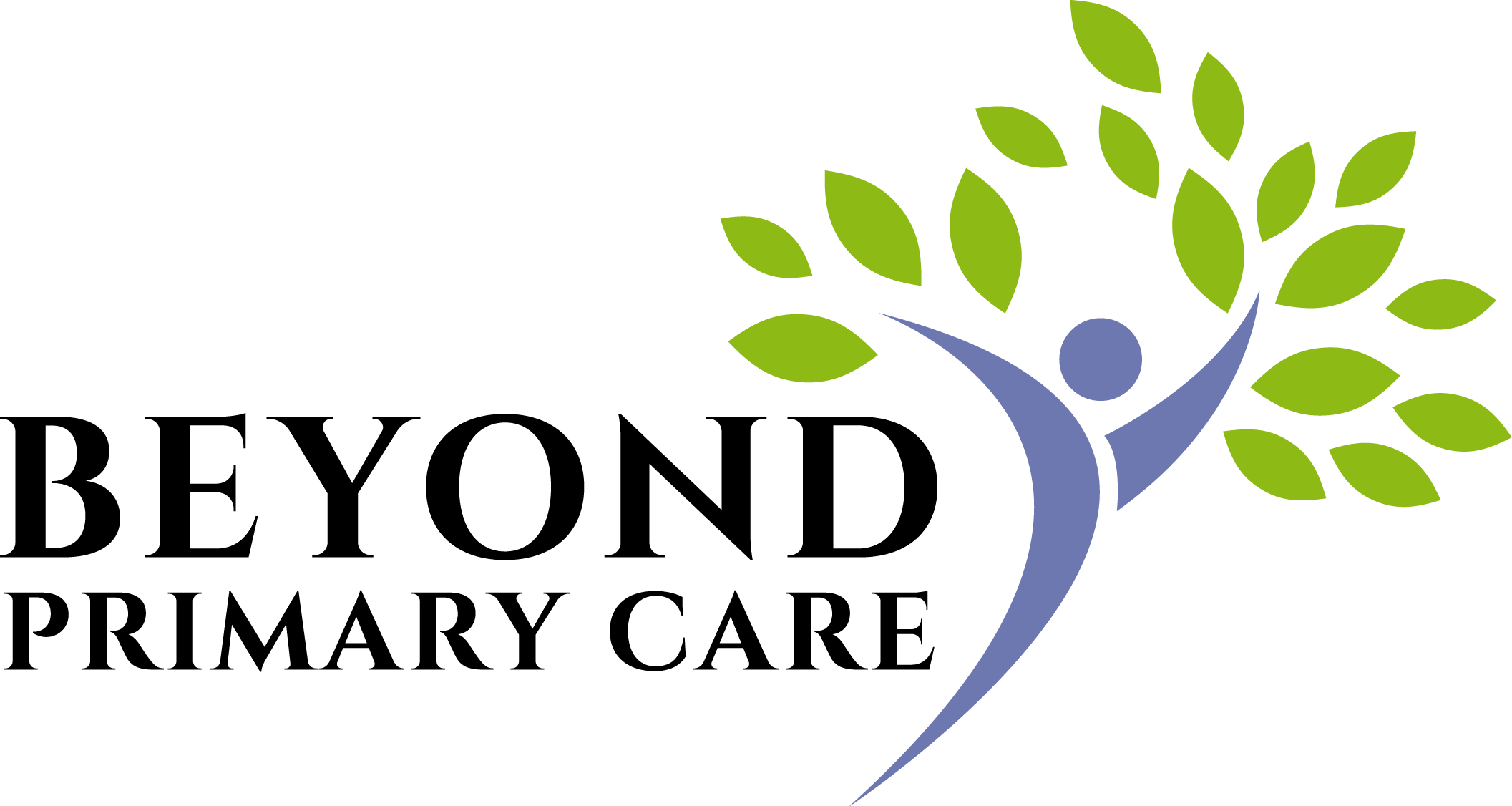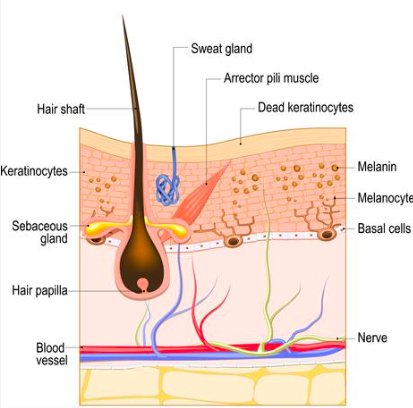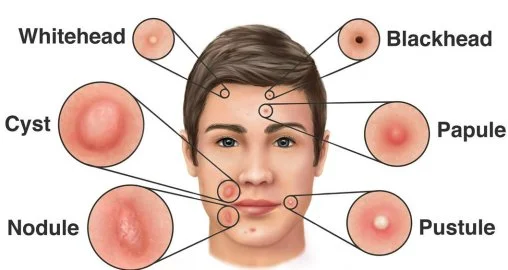Acne Treatment
Hi, thank you for coming back for the latest edition of Beyond Primary Care’s blog- Acne Treatment. In Beyond Primary Care blogs we highlight healthcare news, advice for medical conditions, and how membership for care works! Beyond Primary Care is an insurance free, membership based family medicine clinic. Beyond Primary Care is the highest rated Direct Primary Care clinic serving patients in Ann Arbor and throughout Washtenaw, Livingston, and Wayne counties giving families and employers peace of mind about healthcare costs by providing affordable and accessible primary care services.
In this blog post, we wanted to give our patients and prospective patients updates on effective and affordable acne treatment
What is Acne
Small holes in our skin exist and are called pores. These pores connect to oil glands (sabaceous gland) through canals called follicles. These glands make a substance called sebum- which acts as a lubricant for the hair and skin. Inside the follicles the oil carries dead skin cells to the skin’s surface. This follicles also has a thin hair that grows to the skin’s surface. Most of the time, the oil glands make the right amount of sebum (lubricant). As the body begins to mature, though, hormones stimulant the oil glands to make more sebum. When the hair, sebum, or skin cells clump together bacteria- especially one called Propionibacterium acnes- can form and a pimple grows.
The type of acne that many teens get is called acne vulgaris. ‘Vulgaris’ means ‘of the common type’ as this usually shows up on the face, neck, shoulders, upper back, and chest.
Types of Acne
Knowing the type of acne you have can help you and your doctor better determine the best treatment plan.
Whiteheads: pimples that stay under the skin surface and have raised white bumps
Blackheads: pimples that appears a black dots because the debris inside the follicles have been exposed to air
Papules: small, pink bumps in the skin caused by debris under the skin
Pustules: inflamed bups containing pus, often appearing as larger whiteheads
Nodules: large, painful solid pimples
Cysts: deep, painful pus-filled pimples.
Ways To Prevent Acne
Wash your face once or twice a day with a mild, nondrying soap (such as Dove, Neutrogena, Cetaphil, CeraVe, or Basics) and warm water.
Avoid scrubbing your face with a washcloth
If you routinely wear makeup or sunscreen, make sure it’s labeled as ‘noncomedogenic’ or ‘nonacnegenic.’ This means it won’t contribute to further acne.
If you do wear makeup, wash your face once done to remove all the makeup so it doesn’t clog your pores. Do not leave make-up on overnight.
If you use hair sprays or gels, keep them away from your face as this can clog pores.
If your job puts in you in contact with oils (eg- fast food restaurants), wash your face well when you get home.
Premenstrual Acne
There is a connection between periods and pimples. Some females who normally have a handle on their acne may get worsening acne a few days before their period starts due to hormone changes. This is called premenstrual acne. You are not alone if you do, in fact- a 2014 study confirmed about 65% of people get a flare-up in the week or so leading up to their period.
Just before a period starts, your body goes through hormone changes. Estrogen levels drops while the testosterone (yes, women have testosterone, too) level stays the same. This means the testosterone level in your body during the week before the period is relatively higher in comparison to the estrogen level. Testosterone triggers the sebaceous glands to produce more oil. This contributes to the formation of acne.
Hormonal acne also forms painful cysts or papule that are deeper- and more painful- than your typical whiteheads or blackheads.
Acne Treatment
Acne is the most common skin condition in the United Stated affecting up to 50 million Americans annually. Acne can occur starting in teenage years, and may continue into one’s 30s or 40s. Because acne is so common, there still wasn’t a one-size-fits-all solution that will work well for everyone. Many treatment options exist, and acne that is left untreated can lead to permanent scars. Most treatment requires persistence and dedication for at least three months before we can tell if a medication is working.
Many over-the-counter lotions and creams contain salicylic acid or benzoyl peroxide. Try these to see if these help, but don’t use more than you are suppose to as your skin may get too dried out and look and feel worse.
Oral Contraceptives
For what some people call ‘period acne,’ there are FDA-approved oral contraceptive options for the treatment. The decision about when or if starting the pill to help control acne should be individualized. Birth control pills contain a steady dosage of both estrogen and progestin that is delivered throughout the month. The steady dose of estrogen works to decrease the amount of circulating testosterone in the body.
This kind of pills are called combination monophonic. That means the birth control package will contain three weeks of pills that are same strength (and same color), and a fourth week (placebo pills) that are another color.
Examples of monophasic pills approved for acne include:
Beyaz
Estrostep FE
Yaz
Polyphasic or multiphasic birth control pills are designed to more closely mimic your natural cycle. This means the birth control package will contain a different color for each week of the month, which represents different levels of hormones for each week of pills.
Examples of polyphasic pills approved for acne include:
Ortho-Tricyclen
Other benefits of birth control is that if your period is irregular or you struggle with cramps, the pill may help. Note: it may take a few months to see an improvement in your complexion, so have patience and don’t worry immediately if you don’t see results.
Oral Pills
Isotretinoin
This mediation is a retinoid- a Vitamin A derivative- was manufactured under the brand name Accutane®, but is now available in generic form. Isotretinoin is a powerful medication and typically reserved for severe acne that does not respond to other treatments. It can cause birth defects if taken by a women while pregnant. As a precaution, the U.S. FDA created the I-pledge registration system that requires every female taking isotretinoin to be on two forms of birth control throughout treatment.
Spironolactone
This medication is an anti-androgenic medication that helps decrease sebum (oil) production. It was originally formulated to treat hypertension, but can help with hormonal acne if used in lower doses.
Antibiotics
These medications sometimes prescribed as a short-term fix before treatment with other medications. However, antibiotic use longer than three months is not recommended, in part because you run the risk of developing antibiotic resistance.
Prescription Creams and Lotions
Tretinoin
This is a topical treatment and a derivative of Vitamin A, but be careful not to confuse this with isotretinoin. This helps treat acne by aiding skin cell turnover and declasses oil production, thereby reducing bacteria contributing build up. This means damaged skin can be replaced with newer and clearer skin.
Adapalene
This is a topical treatment and a derivative of Vitamin A. Many people may know this from it’s other brand name including Differin. This helps treat acne by aiding skin cell turnover, thereby reducing bacteria contributing build up.
Clindamycin
This is an antibiotic that works by killing or preventing the growth of bacteria on your skin. It is usually co-prescribed in combination with other acne medications such as benzoyl peroxide or tretinoin.
Acne Compound Prescriptions
For many, acne is more than a single pimple on the face and over-the-counter and even using prescription medications just doesn’t work. At Beyond Primary Care, we work with several compounding pharmacies who offer a number of prescription acne solutions and gels customized to the unique needs of the patients. The most common acne preparations are compounds that use retinoid acid, benzoyl peroxide, clindamycin, azelaic acid, niacinamide, and spironolactone among others.
Thank you for reading
To make an appointment with Dr. Jeff O’Boyle please see our scheduling link.


